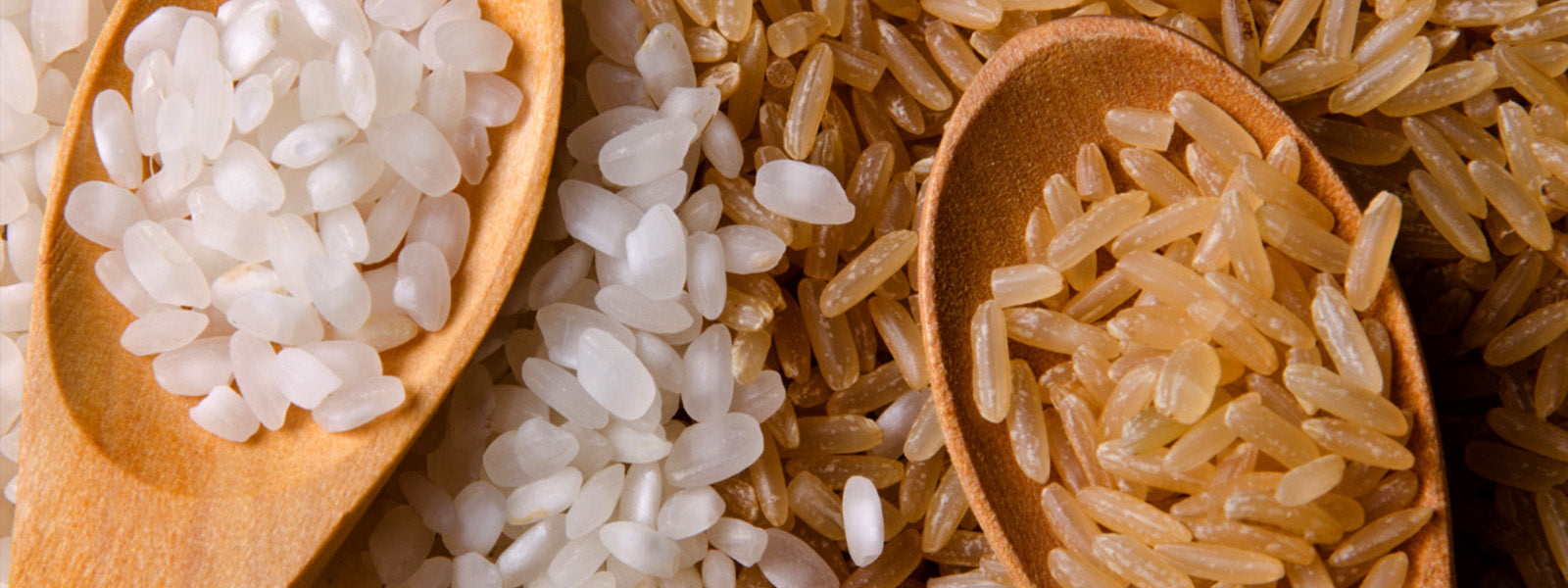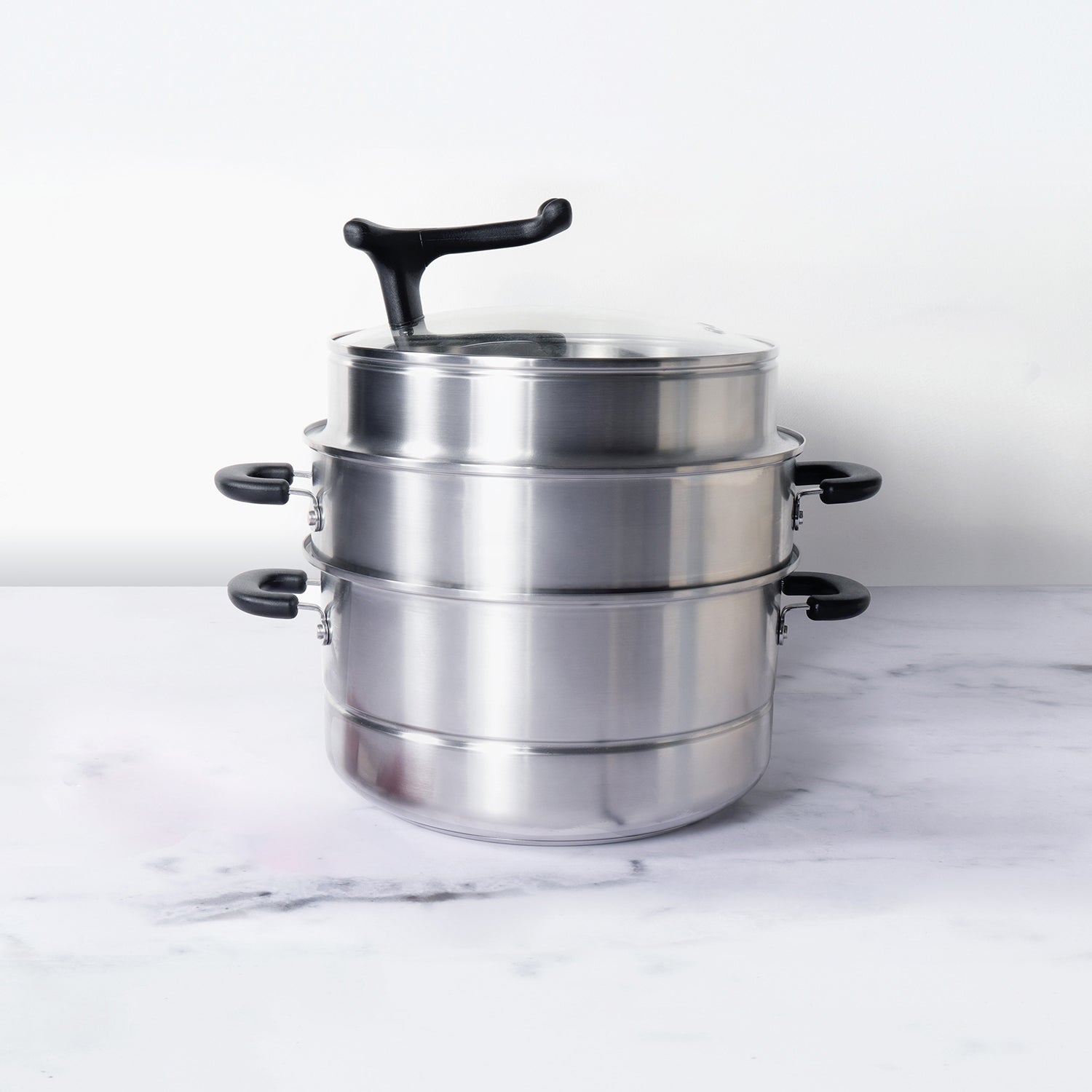Artemisia vulgaris, which is the scientific name of Mugwort, is a flowering plant that grows naturally in parts of northern Europe, Asia, and North America. The sage-colored plant is often used to make beer, but it is also thought to prevent or treat a number of health problems, such as anxiety, digestion problems, and periods that don't come on time.
Folk medicine uses the plant's roots, leaves, stems, and flowers to make tinctures, extracts, tonics, teas, powders, and essential oils.
Artemisia vulgaris or mugwort grows in Northern Europe, North America, and Asia. Roots and parts of the plant that grow above the ground are used to make medicine. Mugwort root is used as a "tonic" and to give people more energy.
People use the rest of the plant to treat stomach and intestinal problems like colic, diarrhoea, constipation, cramps, weak digestion, worm infestations, and persistent vomiting. Mugwort is also used to make the stomach make more acid and bile. It is also used to help the liver, improve circulation, and calm people down. It can also be used to treat hysteria, epilepsy, and fits in children.
Table of Contents
Who should use and avoid mugwort?
Mugwort is a plant related to ragweed called Artemisia vulgaris L. It is used to add flavour to food and as a herbal medicine. It is thought to, among other things, give you more energy, calm your nerves, help your digestion, relieve itching and pain, and keep your periods regular. There isn't enough evidence to back up these claims.
Mugwort can be bought as a dietary supplement, tincture, extract, powder, essential oil, or as dried leaves. It is generally safe to use, but people with ragweed allergies or allergies to celery, carrots, or birch may have an allergic reaction. There is no "right" amount.
Mugwort shouldn't be given to kids or women who are pregnant or nursing.
Are Mugwort and wormwood the same?
People often mix up the names wormwood and mugwort, but they are not the same.
Both plants belong to the genus Artemisia. But they are different kinds of plants that have different medicinal effects.
Health benefits of Mugwort or Artemisia vulgaris:
- Joint Pain or Arthritis
Moxibustion, which we've already talked about, can also be used to treat some types of arthritis and joint pain. In a study done by the "New Zealand Medical Journal," 110 people with osteoarthritis tried out this ancient Chinese technique. Half of them were given moxibustion, and the other half were given a fake treatment. The results show that the pain was reduced by 51% in the group that got moxibustion, but only by 24% in the group that got a fake treatment. In the moxibustion group, knee function also went up by 51%, while it only went up by 13% in the placebo group. Even though these effects might not last forever, the results are promising, and more research needs to be done on Mugwort and this method to find an alternative way to treat arthritis.
- Menstruation
Mugwort is good for the uterus and helps women get pregnant (a substance that stimulates or increases menstrual flow). For the uterus to work well, there needs to be good blood flow to the pelvic area and strong uterine muscles. If your uterus is in good shape and getting enough blood, your periods will be healthy. Before using this herb to start your period, you should get a pregnancy test. This powerful herb can cause miscarriages and shouldn't be used when you're pregnant or nursing.
- Health of the Gut
Mugwort is choleretic, which means it increases the amount of bile that the liver makes. This helps move and get rid of toxins and is very good for the digestive system. It is also a cholagogue, which is a substance that speeds up the flow of bile from the liver. This is different from a choleretic, which makes the amount of bile go up. The release of bile is a big part of digestion and absorption, and since we are what we eat, we are also what we digest. Bile's main job is to help the body digest fat. Since it is also a natural laxative, it also helps clean out the body.
Mugwort is also known as a bitter digestive that can help with stomach acidity, dyspepsia, travel sickness, and severe stomach and bowel pain.












Leave a comment